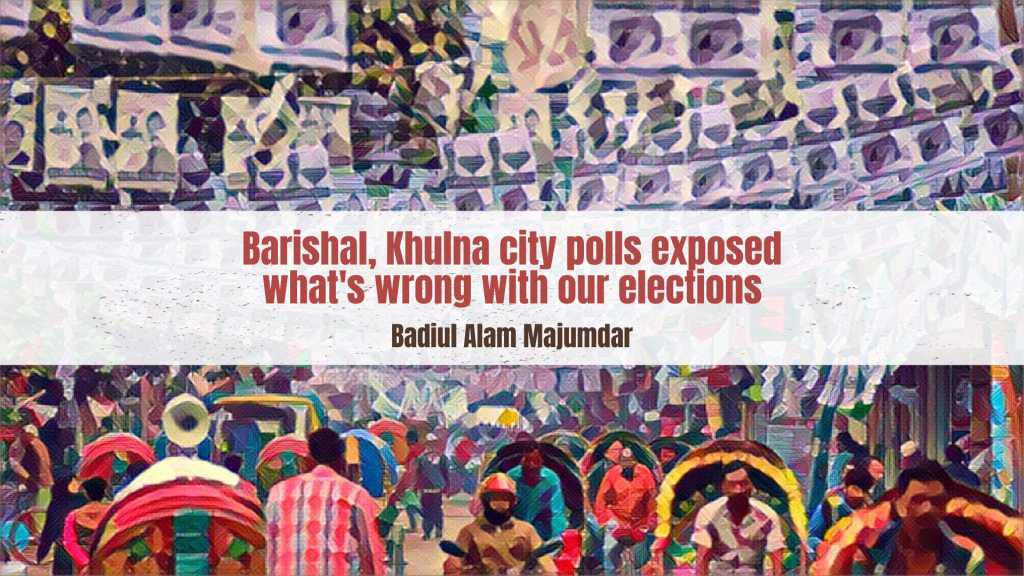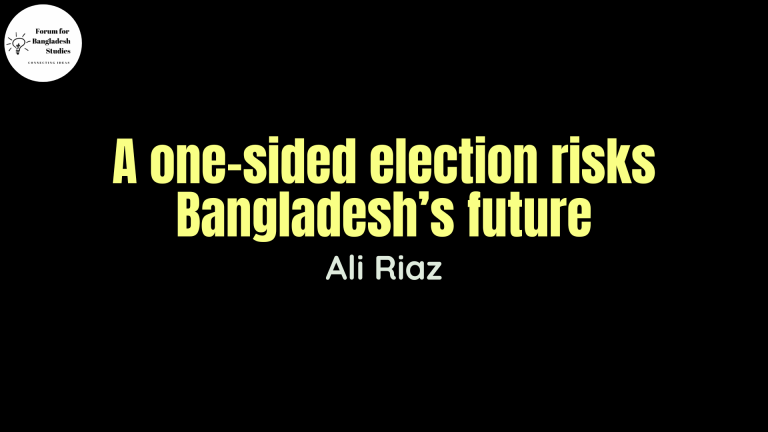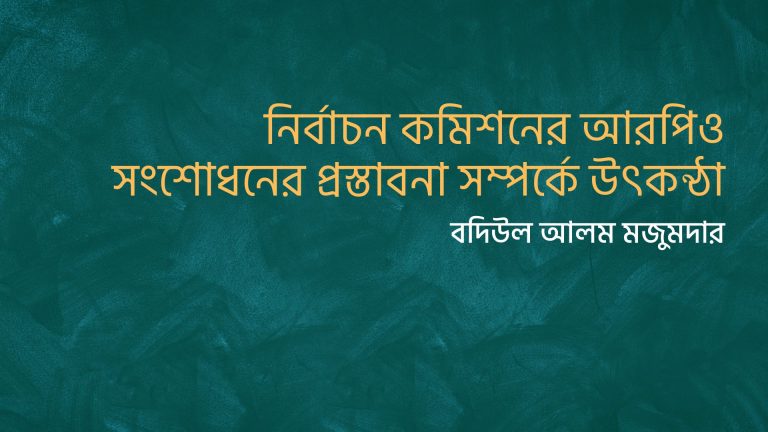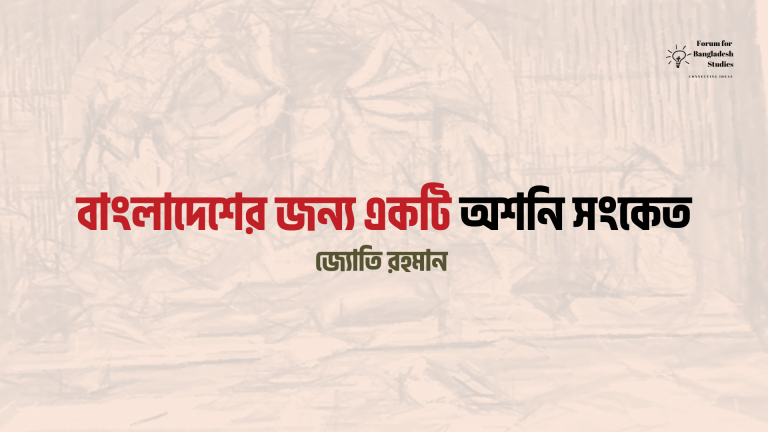The elections to Barishal and Khulna city corporations held on May 12, 2023 cannot be considered free, fair and credible, as they were non-competitive. The main opposition BNP did not take part in them because of their experience with “managed elections” of the past, which I termed the “Khulna model” (The Daily Star, July 17, 2018).
In 2018, during the “Khulna model” city polls, ruling party supporters, partisan bureaucrats and certain members of law enforcement agencies, in connivance with the Election Commission, helped deliver the election results in favour of ruling party candidates. The law enforcement agencies’ partisan role was so blatant that the late Election Commissioner Mahbub Talukdar in his book Nirbachonnama observed, “Based on the overall considerations, I came to realise that the election’s control was transferred from the Election Commission to the law enforcement agencies. The ‘Khulna model’ was in operation in five city corporations: Khulna, Gazipur, Barishal, Sylhet, and Rajshahi.” In BNP’s absence and with only minor political parties participating, these so-called contests can hardly be called “elections” as an election truly means choosing among alternatives – credible alternatives.
This year, the city polls were relatively peaceful in Khulna – again, mostly because of the absence of BNP candidates, and the new US visa policy may also have been a deterrent. But it was not so peaceful in Barishal. The attack on Islami Andolan Bangladesh (IAB) candidate Syed Faizul Karim, however, appears to be a mere spur-of-the-moment act by some ruling party zealots who viewed him as the stronger opponent and a potential threat to their candidate’s victory. What this attack truly reflected, though, was hatred and intolerance, which are the trademark of toxic politics in Bangladesh. Fortunately, the violence did not escalate despite a demonstration staged by the IAB supporters with sticks in protest of the attack – perhaps because the ruling party high-ups restrained themselves due to the threat of American visa restrictions.
Although the attack caused minor injuries to the IAB candidate, the real “victim” of the incident appears to be the chief election commissioner (CEC) himself because of his unguarded remark, “Did he [Karim] die?” As a consequence of what happened in Barishal, the IAB has announced that it will not participate in the elections to Sylhet and Rajshahi city corporations, further denting the credibility of these one-sided, so-called elections. There has been speculation that the IAB had a behind-the-scenes negotiation with Awami League, as a result of which they have been contesting all the elections. The Barishal incident may have damaged that relationship, to the detriment of the Awami League interest in making all elections participatory.
Given the experience of the city elections so far, the Sylhet and Rajshahi city polls will surely be peaceful, and the boat will easily sail through. But the same is unlikely to happen in the upcoming general election, which is a different ball game.
Other than the violence in Barishal, the city elections in Khulna and Barishal were largely uneventful. Can the Election Commissioner take credit for holding “successful” elections in these two cities, though? My answer to the question is an emphatic “no,” because in the absence of BNP in the game, these were not real tests for the commission. As we saw in 2018, the behaviour of the ruling party supporters, the bureaucrats, and the law enforcement agencies would have been different if AL’s arch rival BNP was in the contest.
The voter turnout was 42-45 percent in the Khulna city polls and over 50 percent in Barishal, which were higher than expected – especially in the case of Khulna. Some political parties attribute this relatively high turnout to the manipulation by using electronic voting machines (EVMs) – results of voting via EVMs cannot be verified by recounting since our EVMs do not have the VVPAT (voter verifiable paper audit trail). However, voter turnout is normally high in the city corporation elections because ward councillor candidates draw voters to the polling centres. BNP’s absence as well as the absence of the fear of violence may have encouraged neutral voters to go to the polling centres.
Interestingly, Talukder Abdul Khaleque, the AL-backed candidate in Khulna who won the mayoral race, received about 20,000 fewer votes in 2023 than in 2018. Likewise, Barishal mayor-elect Abul Khair Abdullah, also an AL candidate, received about 20,000 fewer votes than his predecessor Serniabat Sadiq Abdullah in 2018. What does this mean? They may reflect the ruling party’s overconfidence that their candidates will win the elections anyway. It may also mean that because of the price hikes, power crisis, corruption and other anomalies, the soft supporters or neutral voters who voted for the Awami League in 2018 decided against doing so this time.
Given the experience of the city elections so far, the Sylhet and Rajshahi city polls will surely be peaceful, and the boat will easily sail through. But the same is unlikely to happen in the upcoming general election, which is a different ball game. Since power changes hands through the general election, major political parties will make all-out efforts to win – maybe even by resorting to violence. However, the weaponisation of the constitution by making the holding of elections under the party in power a requirement, through the 15th amendment, still stands asthe biggest threat to a credible national election.




